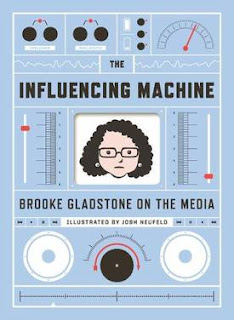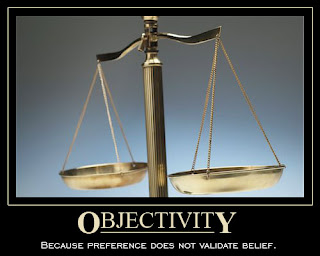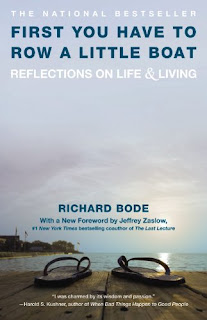By: Aracely Baeza
Brooke Gladstone took a different approach when expressing herself about the media, by using comic's in her book, The Influencing Machine.
Photo credits to; fora.tv
Gladstone is widely known for being a co-host on NPR's radio show, On the Media.
She uses images throughout the entire book, more so as guides through both history and theory of the many different forms of media used in our society.
She takes the not so common style of writing in comics and makes it intriguing but more than anything uses the images to portray what she is trying to say in a more visual way for her readers.
Photo credits to; Slate Magazine
Within the contents of this book, she expresses her opinion about everything media, and the way public relation practitioners use it.
More than anything while reading this book I personally felt as though she was trying to influence much of her opinion on to who ever read the book.
It was an interesting read, and no doubt her views are outspoken. It was nice to in a sense get inside her head and learn what she thought.
She expresses her views on how, she believes the media does so much more then publicists.
She makes many strong points about media and the ways it is used and how it causes so much influence on the public.
No matter your views however, I would recommend this book.
I learned a lot and honestly coming from a public relations student, think all interested in the career or anything similar to it should read it.



















